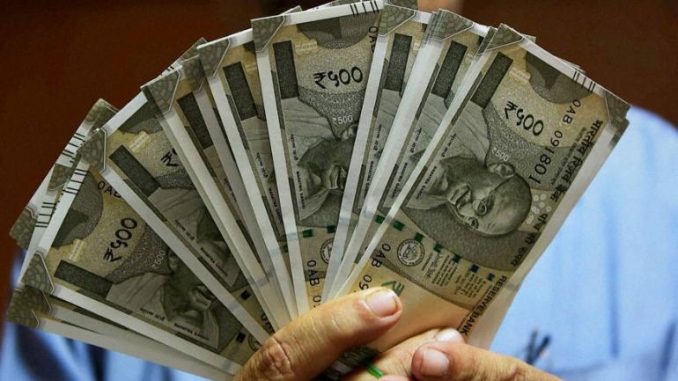

India’s richest individuals 1 per cent saw their income swell by Rs 2,200 crore every day in 2018, according to a study by Oxfam.
Top billionaires in the country got richer by 39 per cent compared to a mere 3 per cent rise in wealth for the bottom half of the population.
While fortunes of billionaires rose globally by 12 per cent or 2.5 billion dollars every day in 2018, the poorest half of the world’s population saw their wealth decline by 11 per cent, according to the international rights group’s annual study.
However, at least 13.6 crore Indians, who comprise the poorest 10 per cent of the country, continued to remain in debt since the last 15 years.
Oxfam International Executive Director Winnie Byanyima called the increasing wealth gap in India morally outrageous.
“If this obscene inequality between the top 1 per cent and the rest of India continues then it will lead to a complete collapse of the social and democratic structure of this country,” she added.
Noting that wealth has become even more concentrated, Oxfam said just 26 people now own the same wealth as 3.8 billion people who make up the poorest half of humanity.
Jeff Bezos, the founder of Amazon, saw his wealth increase to 112 billion dollars. It is worth mentioning that just 1 per cent of his fortune is equivalent to the whole health budget of Ethiopia, a country which is home to 115 million people.
“India’s top 10 per cent of the population holds 77.4 per cent of the total national wealth. The contrast is even sharper for the top 1 per cent that holds 51.53 per cent of the national wealth, said Oxfam.
“The bottom 60 per cent, the majority of the population, own merely 4.8 per cent of the national wealth. Wealth of top 9 billionaires is equivalent to the wealth of the bottom 50 per cent of the population,” it noted.
India was estimated to produce 70 new dollar millionaires every day, according to the global non-profit group.
“It (the survey) reveals how governments are exacerbating inequality by underfunding public services, such as healthcare and education, on the one hand, while under-taxing corporations and the wealthy, and failing to clamp down on tax dodging on the other,” Oxfam India CEO Amitabh Behar said.
The study conducted by Oxfam showed that women and girls are affected majorly by rising economic inequality, Behar added.
“The size of one’s bank account should not dictate how many years your children spend in school, or how long you live – yet this is the reality in too many countries across the globe. While corporations and the super-rich enjoy low tax bills, millions of girls are denied a decent education and women are dying for lack of maternity care,” Byanyima said.
Its study further revealed that if India’s richest 1 per cent population pay just 0.5 per cent extra tax on their wealth, it could raise enough money to increase government spending on healthcare by a staggering 50 per cent.
Oxfam said the combined revenue and capital expenditure of the Centre and states for medical, public health, sanitation and water supply is Rs 2,08,166 crore less than the individual wealth of India’s richest man Mukesh Ambani valued at Rs 2.8 lakh crore.
The calculations mentioned in the study are based on the latest comprehensive date sources available publicly, including from Credit Suisse Wealth Databook and the annual Forbes Billionaires list, added Oxfam.
